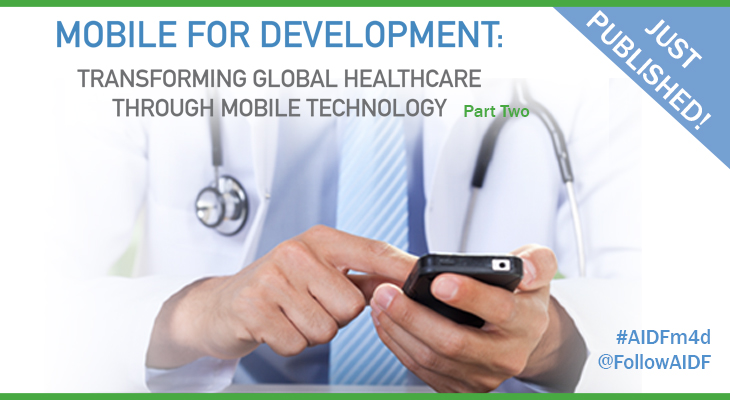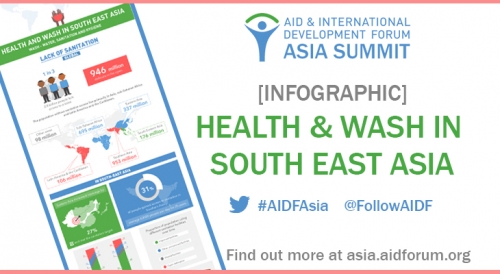Dear colleague,
Marked on 7th April, the World Health Day highlights the importance of ensuring health and well-being for everyone, at every stage of life. Despite significant progress made over the last decade to meet health related targets, 130 million people in South-East Asia (SEA) do not have access to basic health services. The region also has the lowest density of health professionals with a deficit of 6.9 million health workers.
The incidence of major infectious diseases, including HIV, tuberculosis and malaria, has declined globally since 2000. SEA accounts for the largest number of new TB cases and 41% of the global TB incidence burden.
Maternal and child health are also amongst regional priorities. One of the highest rates of child mortality is in SEA where 1 in 19 dies before their fifth birthday and one in three is affected by stunting (WHO, 2015).
Challenges in achieving health SDGs have urged global and regional agencies to look for innovative ways to improve health systems and programmes. Technology and partnerships are paramount to ensure that desired universal health care access is achieved in an affordable and sustainable way.
Key decision-makers from the UN and government agencies, NGOs, Red Cross, research institutes and the private sector will gather at the upcoming Aid & Development Asia Summit to look at how technological innovations can improve aid delivery and health resilience in SEA.
Dr Thet Khine Win, Permanent Secretary of the Myanmar Ministry of Health and Sports will deliver a keynote speech at the Summit. Other specialists in the field, including UNICEF and the 3MDG Fund of UNOPS, will share insights on how to improve health systems and health financing in order to reduce maternal and under-five mortality rates, eliminate communicable diseases and increase access to healthcare services in the region.





No comments:
Post a Comment